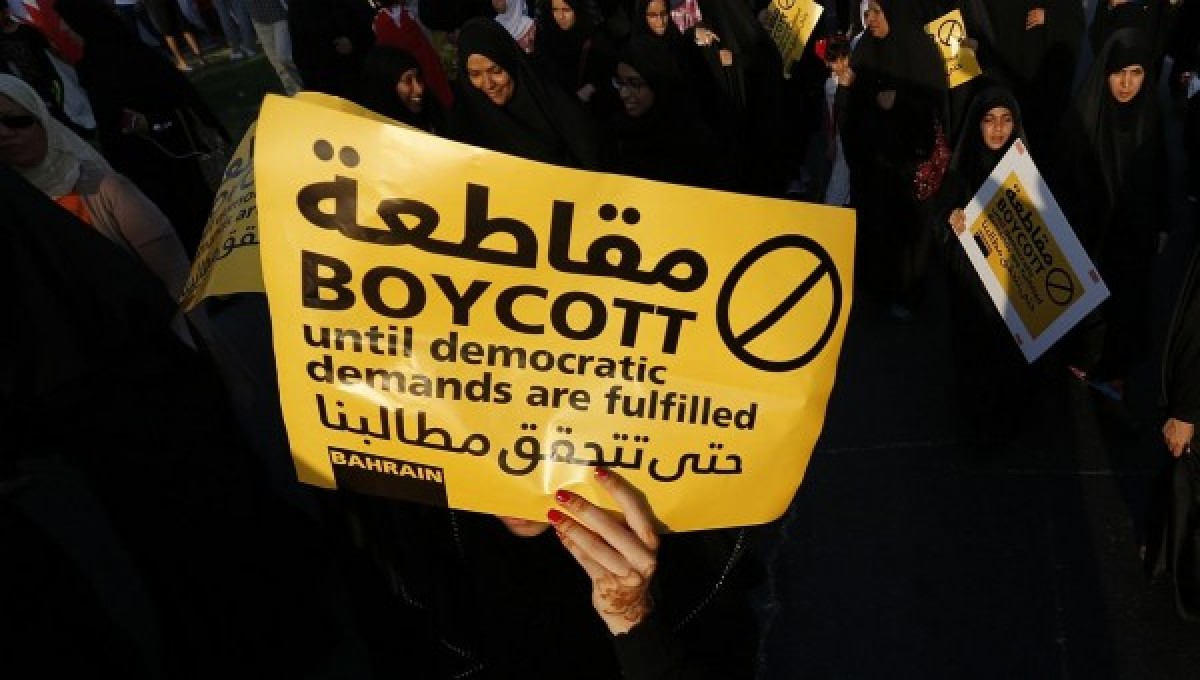 253
253
According to various surveys, Shiites constitute the majority of Bahraini society, accounting for 70–75% of the country’s population. However, Shiites have been subjected to various forms of discrimination and oppression since 1975, when Al-Khalifa dynasty seized control of the tiny Persian Gulf nation, and their role in society has been marginalized, the most visible of which is their exclusion from key political and government positions, with only 18 to 21% of government employees being Shiites.
Bahraini Shiites are also deemed the most disadvantaged socioeconomic strata, and they are routinely denied even the most basic amenities. This systematic prejudice is also evident in the educational system, as Shiites with advanced degrees are unable to get employment in high-level roles.
With the popular uprising against the Al-Khalifa dictatorship in February 2011, in which both Shiites and Sunnis participated, the status of the Shiites in Bahrain deteriorated. Since then, Al-Khalifa security forces have undertaken a relentless campaign to persecute and imprison innocent citizens; Shiites have been the primary target.
Considering that Bahrain lacks an independent judicial system and that the Al-Khalifa regime is viewed as a protégé of Saudi Arabia, the majority of detained citizens, including minors, are condemned to severe terms such as life imprisonment or execution without trial.
Bahrain’s appalling human rights situation has sparked many popular movements, the most prominent of which are the Al Wefaq Association and the February 14 Youth Coalition.
Along with these social movements, a large number of Bahraini human rights activists and clerics who are frequently detained and harassed are pleading with their fellow countrymen and the international community to voice out against the repression of the regime, particularly in light of the Bahraini government’s official normalization with the Zionist regime and efforts to Judaize this Muslim nation.
Parliamentary elections in Bahrain are conducted every four years, with the most recent one taking place in 2018. The Parliament of Bahrain was first convened in 2002. It is made up of forty legislators who are directly elected through ballots. Bahrain’s monarch, Hamad bin Isa Al Khalifa, has declared that the country’s next round of parliamentary elections will take place on November 12.
The announcement was interpreted as a parody of democracy to legitimize the oppressive and brutal nature of the Al-Khalifa dictatorship. In response, political opponents in Bahrain have boycotted the sham elections in protest against the regime’s strategies of political isolation, including the arrest and exile of opposition leaders, the normalization of relations with the Zionist enemy, and the granting of blind citizenship to foreigners, primarily Pakistanis, in a blatant attempt to alter Bahrain’s demographic structure.
Meanwhile, Sheikh Isa Qassim, the spiritual leader of the Bahraini revolution, has published multiple statements condemning the Al-Khalifa elections as a farce and a catastrophe for the Bahraini nation, urging them to boycott them. The eminent religious scholar made the statement on his personal Twitter page, adding, “Whatever one’s intentions, we should not participate in a fraudulent election to supposedly foster democracy.” All who care to achieve a democratic society should abstain from voting in an election whose very foundation is devised to undermine democracy.
Sheikh Isa Qassim concluded his tweet by urging all Bahrainis not to participate in the upcoming election if they value their democracy and liberties.
Comment
Post a comment for this article